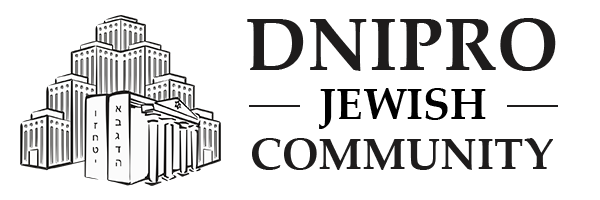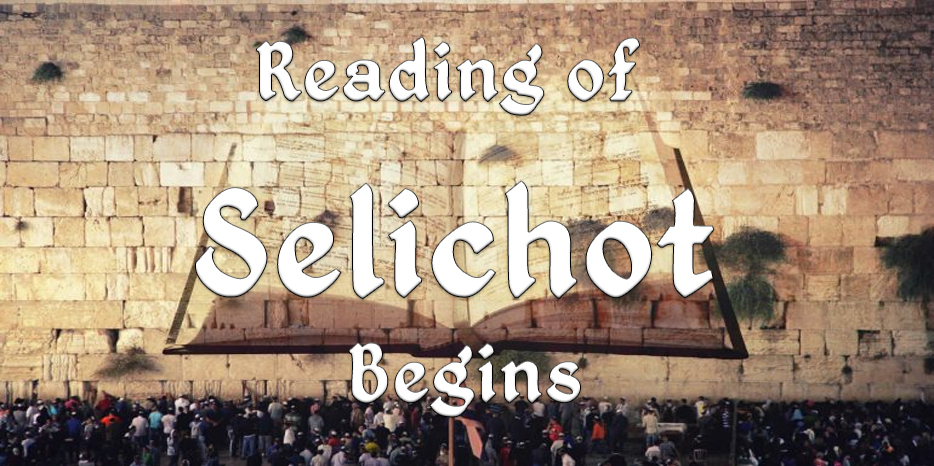On Saturday night into Sunday, at 00:30, the reading of pre-New Year selichot begins at the “Golden Rose” synagogue. In the following days, selichot will be recited before each morning “Shacharit” prayer.
According to the custom of European communities, selichot begin to be read from the Sunday before Rosh Hashanah. Care is taken to ensure that this reading continues for at least four days. (Eastern Jews begin reading selichot from the second day of the month of Elul and continue reading until Yom Kippur). Since the first day of Rosh Hashanah this year falls on Tuesday, September 23rd, selichot begin to be read from Sunday, September 14th.
“During these days of the month of Elul, it is customary to rise at the hour of the morning watch (the last third of the night), gather in synagogues, and read selichot (‘apologies’) – texts and prayers that encourage repentance.”
The word “selichot” is the plural of the Hebrew “selichah” – apology, request for forgiveness. This is what we call tefilot (prayers) and piyyutim (special hymns of religious content) in which we ask the Almighty to forgive us for our transgressions, deliver us from misfortunes, and save the Jewish people. Usually selichot are read on days of general fasts, during national calamities, and primarily – in Elul, the month of corrections, the month of teshuvah. These texts indeed conclude with a request for forgiveness. (The leitmotif of the prayer is “Selach lanu,” “forgive us”).
For the convenience of our readers – we provide the text of “Prayers of Repentance” in Russian and Hebrew.




